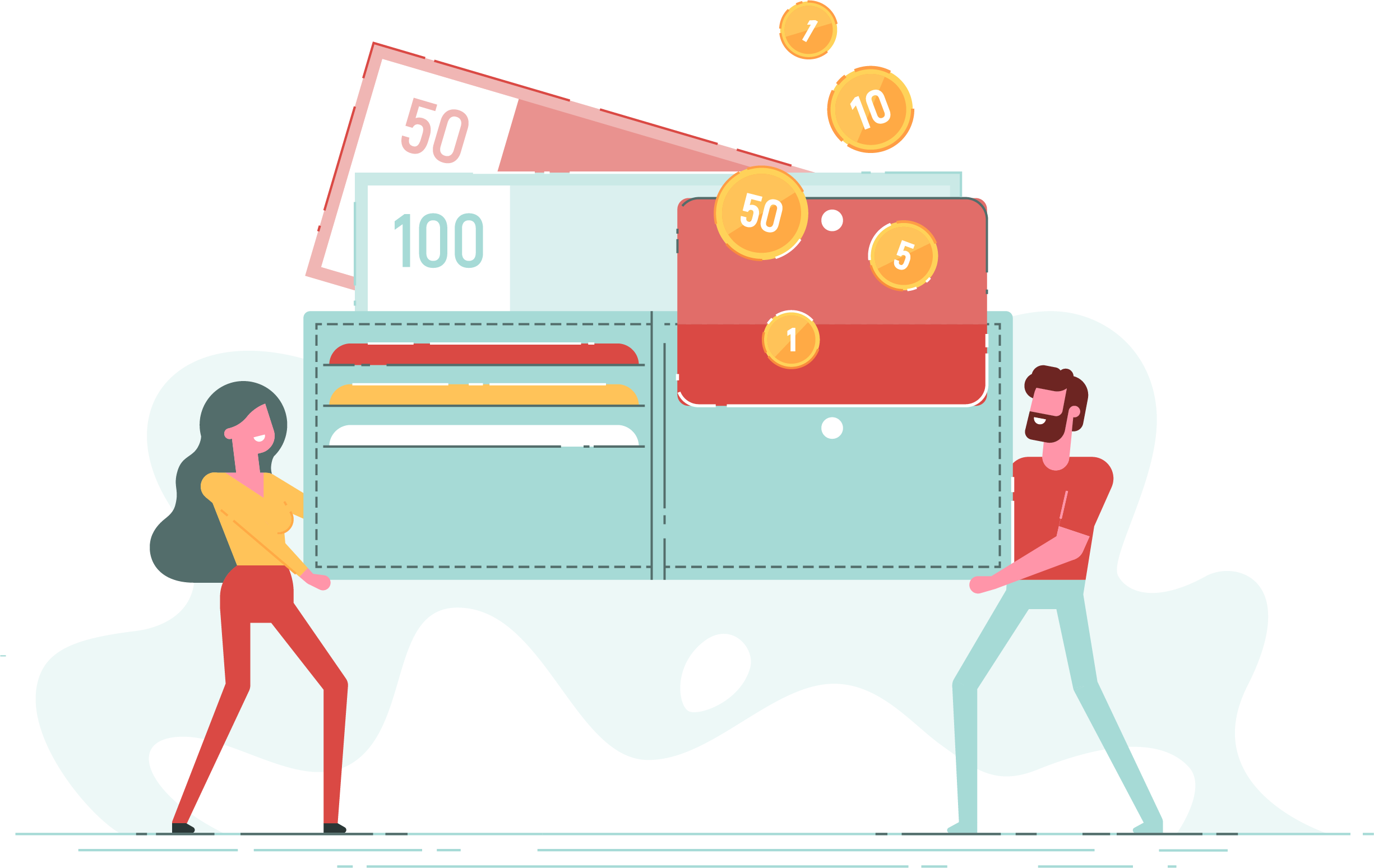At KISSPatent, we strive to stay ahead of the curve. We monitor behavior, anticipate trends, and act accordingly.
For this, and many other reasons, we make the effort to attend the most influential conferences.
This year, for example, we’ve already attended the Blockchain Economic Forum in Davos, the Brainport Techlaw Workshop on patenting AI, the World Agri-Tech Innovation Summit, and the Future Food-Tech summit in San Francisco.
A while back we published an article on our predictions for the 2019 startup trends. We were spot on, but noticed new trends that every startup should know about. We looked back, and revamped the article.
Here are several startup trends we believe will continue to flourish in 2019:
THE INTERNET OF EVERYTHING, NOT THE INTERNET OF THINGS (IOT)
A few years ago, the IoT was treated as a separate category from artificial intelligence or blockchain—but no longer.
As more startups begin to design customer-centric innovations, the lines between Artificial Intelligence, IoT, and Blockchain start to disappear. Customers don’t really care whether an app uses a specific kind of technology.
Rather, consumers care about ease of use, functionality, and value proposition of the products that they’re using.
That’s why in 2019, Artificial Intelligence will still be the focus of many up-and-coming startups. However, these startups will begin to create cross-technology fueled products, such as combining AI and IoT.
For example, let’s imagine you have an underlying heart condition and choose to monitor your physical exercise through a wearable device, like a Fitbit. The wearable device collects data points on your health.
What if there was a way for your doctor (or a technology equivalent) to take receive that data and evaluate whether they were correlated to a “normal” range of behaviors?
Machine learning can help take billions of data points and boil them down to what’s really meaningful. The wearable device now not only tracks your health but provides real-time updates to a health service.
The general premise is the same for any other application. Collect, review, and analyze data to find patterns that can be learned from so that better decisions can be made.
Think about the implication this technology can have on blood pressure monitoring, diabetes management, and even sleep science.
Apple, for example, recently announced a new iteration of their smartwatch that can measure glucose levels, track blood pressure, and closely monitor heart health.
Whether you’re innovating in IoT, AI, or a combination of the two, you should always consider intellectual property protection to protect your ideas and increase funding and attention from investors.
If you’re a startup with questions about how to best implement your idea, schedule a free 30-minute consultation with our patent expert here.
CANNABIS-INFUSED BEVERAGES
More US states (and Canadian) companies are betting big on people wanting to sip, rather than smoke, their weed.
It’s important to point out that hemp (non-psychoactive cannabis) is now legal in the US, opening the door for startups to flood the market with food and beverage innovations.
In Canada, large beverage companies are eyeing the CBD market, evaluating the possibility of creating cannabis-infused drinks. There have even been rumors of acquiring smaller companies with industry-specific knowledge.
While all of this may sound like it’s happening on a macro level, we predict the changing legal regulations will level the playing field for startups—and grab investors’ attention as they look to invest in a newly legal industry.
What does this mean for food-tech startups in 2019?
The cannabis beverage market will be worth 600 million dollars by 2022!
Entrepreneurs seeking to invest in cannabis-related businesses face special opportunities and challenges due to the developing and fast changing business and legal landscape.
However, making timely choices, along with knowledge of the complexities you may run into along the way, can help entrepreneurs optimize the opportunities for success in this field.
We recommend you protect your idea if your startup’s market is heating up. Without idea protection, your startup could be left behind in 2019.
MEAT-ALTERNATIVES WILL TAKE CENTER STAGE IN THE MINDS OF CONSUMERS
As consumers continue to embrace no-meat protein alternatives, big food companies are taking notice and growing their plant-based food division.
For example, Nestlé recently acquired a company called The Incredible Burger, a meat-free burger alternative, and plans to bring the product to stores in Europe and the US.
Meat-alternative startup Impossible Foods has also created the booming Impossible Burger, with demand so high the company is struggling to keep up with production.
However, we think that burgers aren’t the only new food that we’ll see on shelves in 2019. With massive room for growth, we expect to see smaller startups make big entrances in plant-based products.
Consumers worldwide have expressed interest in foregoing meat products, at least part-time. The food-tech market in 2019 will adjust to accommodate these new consumers.
For more information on startups disrupting the food industry and the future of our food, check our most recent article on smart fermentation.
Want to stay on top of startup best practices?
Take our short survey to find out what type of intellectual property is right for your startup!
A STRUGGLE TO HARVEST AND MAKE USE OF BIG DATA
The term “Big Data,” of course, refers to data sets that are large. But, not just any data set.
It refers to data sets so large that traditional computational software tools can’t analyze them (sorry Microsoft Excel!)
In a business sense, Big Data refers to the large quantities of data that businesses are inundated with daily. This includes customer data, market trends, and inter-operational data.
Most businesses are successfully harvesting this data, but few are making use of it. Companies are obtaining little-to-no benefit from their data.
Big Data is essential to the future of digital marketing, supply chain management, healthcare, and security.
The problem becomes even bigger when we take into account the predicted growth in the data companies will produce. According to experts, data production will increase by 4,300% by 2020!
Collecting and storing data costs money. Data requires storage, electricity and, if the information is sensitive, attention to be spent on security and data compliance.
In short, if a startup is already struggling to store and analyze its own data now, it will be drowning in data in the next few years.
FROM DECENTRALIZED CLOUD COMPUTING TO EDGE COMPUTING
Once a buzzword, and perhaps still relevant, we are living in the era of cloud computing.
Unfortunately, cloud computing may sound like the decentralized computing environment that the internet promised us, but it isn’t.
There are only a handful of companies dominating the cloud computing space and they’re dependent on a network of data centers located in secure locations. But, these centers must communicate over great distances, which results in lower latencies (i.e delays) and increased security risks.
Thanks to edge computing, the problems of cloud computing may become irrelevant. When a computation is performed on distributed smart (edge) devices instead of taking place in a centralized cloud environment, the possibilities are endless.
Closely related to the Internet of Things, edge computing is seen as a foundation for the creation of smart cities and computers which can interact with the physical world.
Autonomous vehicles are the best example of edge computing’s importance. Self-driving cars are filled with hundreds of sensors collecting data and, when it comes to processing needs such as collision detection, the vehicle can’t wait seconds for delayed cloud processing. It’s imperative that the vehicle’s computing system can instantly process the data and make the correct decision.
Industry giants like Intel estimate that by 2020, self-driving cars will produce 40TB of data per day. Imagine beaming 40TB of data to the cloud--it would be expensive, unncessarily, and unsustainable by current network standards.
Edge computing is one of the most unexplored technology trends in 2019, partially because of our current internet infrastructure.
Startups that make strides in edge computing have the potential to revolutionize technology moving forward.
OPPORTUNITIES IN VOICE RECOGNITION TECHNOLOGY
In 2011, consumers were intrigued by Apple’s Siri when it was released.
Now, voice recognition technology is entering our homes, cars, and businesses. Virtual assistants are no longer a commodity-- they’re a part of everyday life. .
To succeed in 2019, startups don’t necessarily need to come up with their own voice recognition devices.
There are plenty of opportunities for startups to develop apps, proprietary algorithms, and other functionalities within the voice technology space.
For example, there are opportunities for voice recognition technology in manufacturing, agriculture, field service, business services, education, and even healthcare.
When combined with AI, startups can succeed in 2019 by creating voice recognition technologies that serve a specific niche.
HYPER-PERSONALIZATION
Digital marketing has evolved so quickly that most consumers now have certain expectations from brands. They want brands to know them, to understand them, to give them what they want when they want it.
Consumers seek information online before making a purchase. Only the companies that provide the right information at the right time stand to benefit from the new normal: a hyper-personalized world.
Personalization is most often found in email marketing. About 77% of marketers use personalization in their email marketing campaigns by leveraging transaction information, purchase histories, and other relevant data.
Personalization can go above and beyond greeting an email recipient by his/her first name.
The next phase of personalization, hyper-personalization, involves the in-depth analysis of customer data and behavior to provide the best possible marketing messaging at opportune times.
With improvements in technology, we’re starting to see the use of AI-enabled personalization.
AI allows for an in-depth analysis of customer data and behavior to provide the best possible marketing message at opportune times.
Startups that successfully leverage AI will gain an important advantage in 2019 and beyond as they will be able to treat each of their potential customers as unique and valuable individuals.
If you think that we’ve overlooked a trend or have any questions about our guide, feel free to write to us. We’d love to hear your thoughts on what you think the future holds for startups in the years to come.











